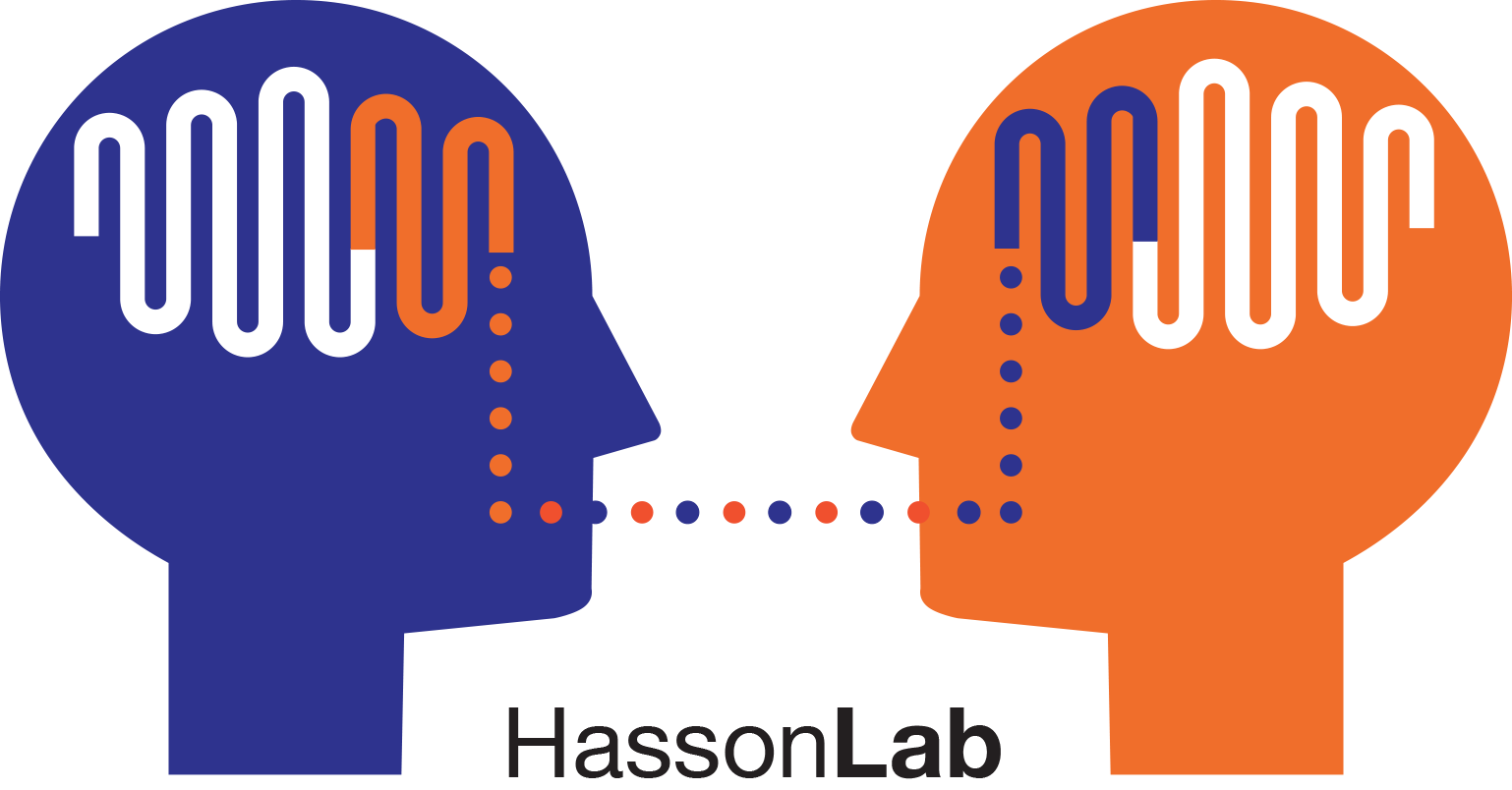Human brain activation during viewing of dynamic natural scenes
Type
To what extent do brains of different human individuals operate in a similar manner? Here we explored the organization and function of different brain regions under progressively more natural conditions. Applying an unbiased analysis, in which spatiotemporal activity patterns in one brain were used to 'model' activity in another brain, we found a striking level of voxel by voxel synchronization between individuals during free viewing of an audio-visual movie. This intersubject correlation was evident not only in primary and secondary visual and auditory areas, but also in association cortices. The results reveal a surprising tendency of individual brains to 'tick collectively' during natural vision. Moreover, our results demonstrate that the unitary nature of conscious experience in fact consists of temporally interleaved and highly selective activations in an ensemble of specialized regions, each of which 'picks-up' and analyses its own unique subset of stimuli according to its functional specialization. Applying reverse correlation to the movie stimuli provides a powerful methodology for revealing both known and unexpected functional specializations in those cortical areas activated by the movie.

